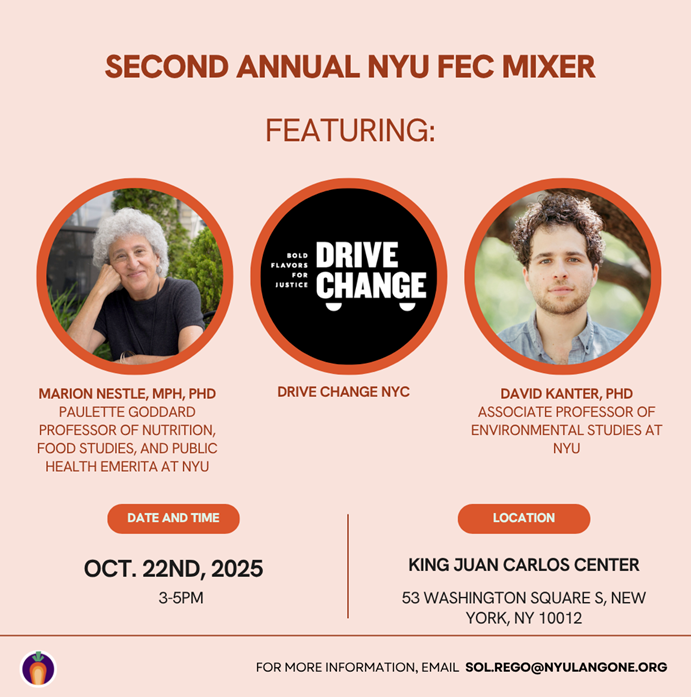According to a report in Food Chemical News, Robert Paarlberg, a professor of political science at Wellesley who has written extensively about agricultural policy, says “environmental populists” in the United States and the European Union have imposed on Africa, their [our?] favoring of “small, traditional farms that grow organic crops and heirloom varieties…[equating] agricultural science with large farms, mistreatment of animals, enrichment of agribusiness corporations, and unpalatable and unhealthy food.” The resulting “hostility to science-based farming” has been devastating to Africa and other impoverished regions. How? “No African country allows cultivation of biotech crops except South Africa.” Is biotechnology the solution to Africa’s agricultural problems? As I read it, the technology is still in its infancy and still has a long way to go (see the March 20 Nature article on development of drought-resistant crops). But then, I still think Africa’s agricultural problems would be easier to solve with social, not necessarily technological, changes. But I guess that makes me an environmental populist. How about you?


